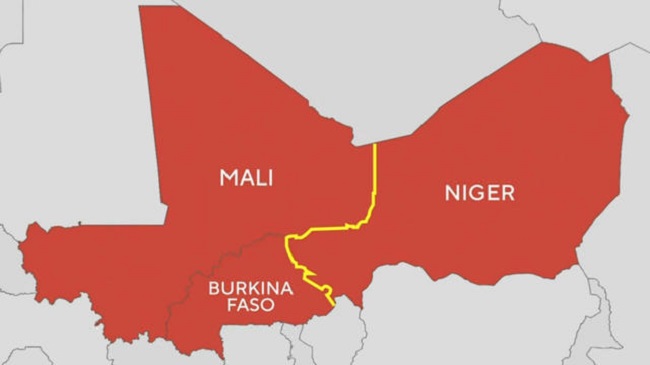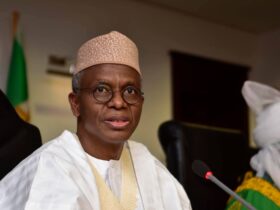
Despite being a major oil producer, Nigeria offers its workers a minimum wage of only ₦30,000.
The latest data compiled in Nigerian Naira highlights the stark differences, underscoring the varying economic conditions and labor policies across the continent.
Leading the list is Gabon, where the minimum wage is set at an impressive ₦376,500. This figure places Gabon at the forefront of ensuring substantial earnings for its lowest-paid workers among oil-producing nations in Africa.
Following closely is Equatorial Guinea, with a minimum wage of ₦323,878. Libya comes next with a slightly lower figure of ₦313,440, showcasing its commitment to relatively higher wages despite ongoing economic challenges.
Algeria and Tunisia present mid-range figures, offering ₦226,400 and ₦199,573 respectively. These amounts, while lower than those of the leading nations, still reflect a considerable commitment to worker compensation.
Egypt’s minimum wage stands at ₦194,700, closely aligned with the figures from Tunisia. Ivory Coast offers its workers a minimum wage of ₦188,250, positioning itself midway on the list.
Chad, Cameroon, and the Democratic Republic of Congo reflect lower wage standards with ₦150,587, ₦105,106, and ₦94,947 respectively. These figures indicate a significant drop compared to the leading nations, highlighting economic challenges that impact wage policies.
Angola, a significant oil producer, has a notably low minimum wage of ₦58,569, suggesting a need for policy reassessment to improve workers’ earnings. Ghana follows with ₦38,768, showing a modest improvement over some of its regional counterparts.
At the lower end of the spectrum, Nigeria, despite being a major oil producer, offers a minimum wage of only ₦30,000. This figure places Nigeria among the countries with the lowest minimum wages relative to its oil production capabilities.
Sudan closes the list with a minimum wage of ₦7,590, the lowest among the surveyed nations. This figure starkly contrasts with the higher wages seen in Gabon and Equatorial Guinea, illustrating significant economic and policy-driven disparities.
These figures reveal a complex landscape of economic policies and labor standards across Africa’s oil-producing countries. While some nations lead with relatively high minimum wages, others lag significantly, reflecting broader economic challenges and the need for targeted policy interventions to improve the livelihoods of workers.
Follow the Parallel Facts channel on WhatsApp: https://whatsapp.com/channel/0029VaCQSAoHgZWiDjR3Kn2E









Leave a Reply